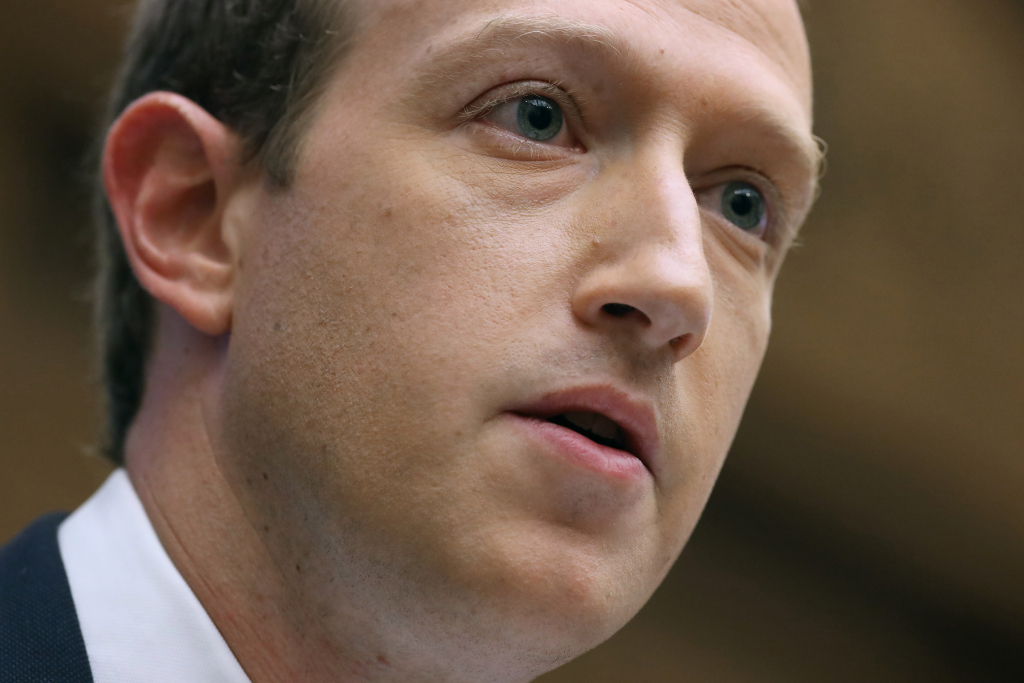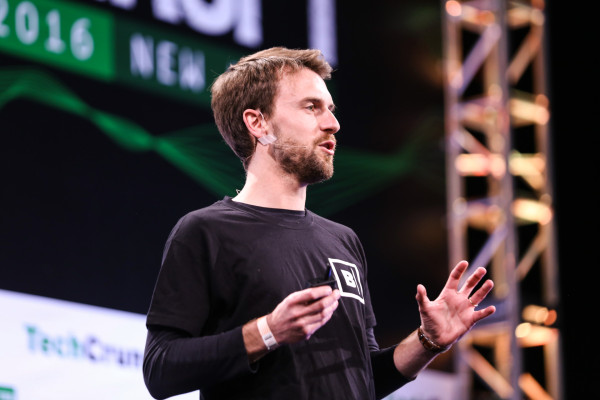As much as Facebook deserves a comeuppance for its years of egregious behavior, the social media company probably won’t suffer long-term from the July ad boycott.
Nor change its shameful ways.
It’s disgraceful that CEO and founder Mark Zuckerberg’s company divides America, threatens our democracy and gives the tech industry a black eye. His unrepentant behavior may lead to undesirable regulation by Congress, a body filled with politicians who don’t understand the innovation economy.
Meanwhile, Zuckerberg continues to rake in his billions.
Despite the boycott, the price of the company’s stock, which dropped 1.7% on Thursday, ended far ahead of where it started the week. History shows that advertising boycotts usually don’t work.
Zuckerberg knows this. He reportedly told employees that his “guess is that all these advertisers will be back on the platform soon enough.” Which is why he talks big about doing the right thing but, ultimately, focuses on the bottom line.
He announced some policy changes a week ago designed to crack down on disinformation and hate content. Facebook will now start labeling content that violates its policies. But it will leave the posts on its site if the “the public interest value outweighs the risk of harm.”
In other words, Facebook has no problem publishing material on its platform that it knows is false or crosses the line as hate speech.
Civil rights groups — including the Anti-Defamation League, the NAACP and Color of Change — began the #StopHateForProfit campaign in June, calling on companies to cease advertising on Facebook for the month of July unless the company changed its ways. Hundreds of companies have jumped on board, including Ford, Microsoft, Hershey, Starbucks, Coca-Cola, Unilever, Adidas and Lego.
Their primary concern remains Facebook’s hands-off approach to President Trump’s incendiary posts about George Floyd protesters and his repeated false statements about mail-in voting.
Facebook generated 98% of its $70 billion in revenues last year from advertising. Even if every one of Facebook’s 100 biggest advertisers joined in the boycott, it would still account for only 6% of the company’s annual ad revenue. Many of the companies participating already had plans to dial back their advertising dollars because of reduced sales during the pandemic.
Tech companies have been targets of ad boycotts in the past. Remember the boycott of YouTube in 2017, in which numerous companies pulled their ads because they were appearing next to hateful and offensive content? But YouTube’s ad revenues bounced back, jumping by double digits in 2018 and 2019.
If nothing else, the #StopHateForProfit campaign has been hugely successful in highlighting Facebook’s irresponsible behavior. We only wish the movement could make Zuckerberg change his ways.










